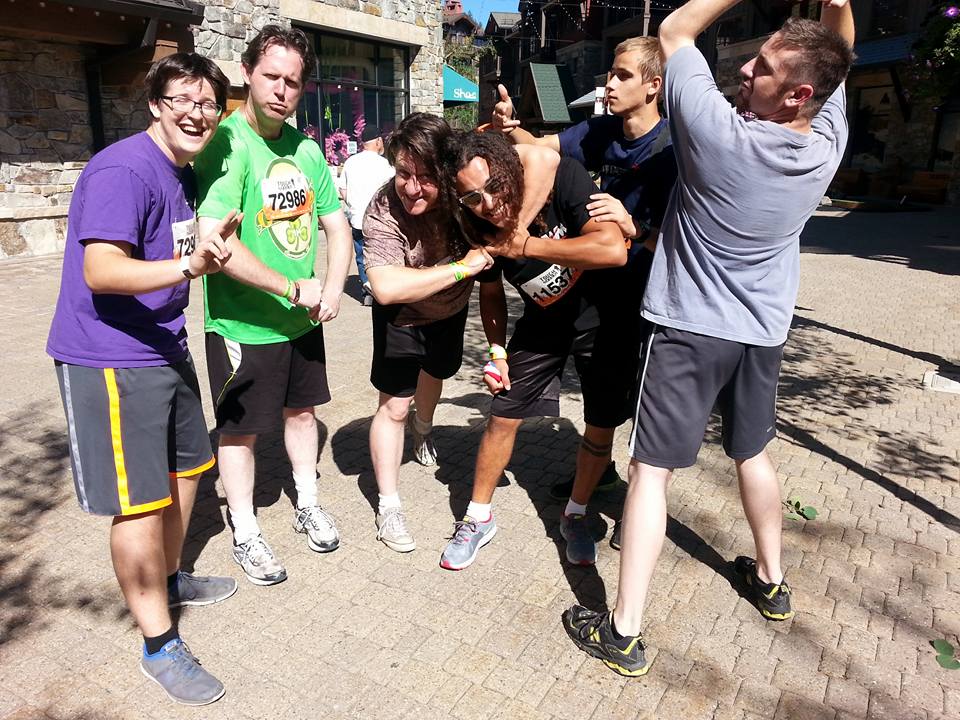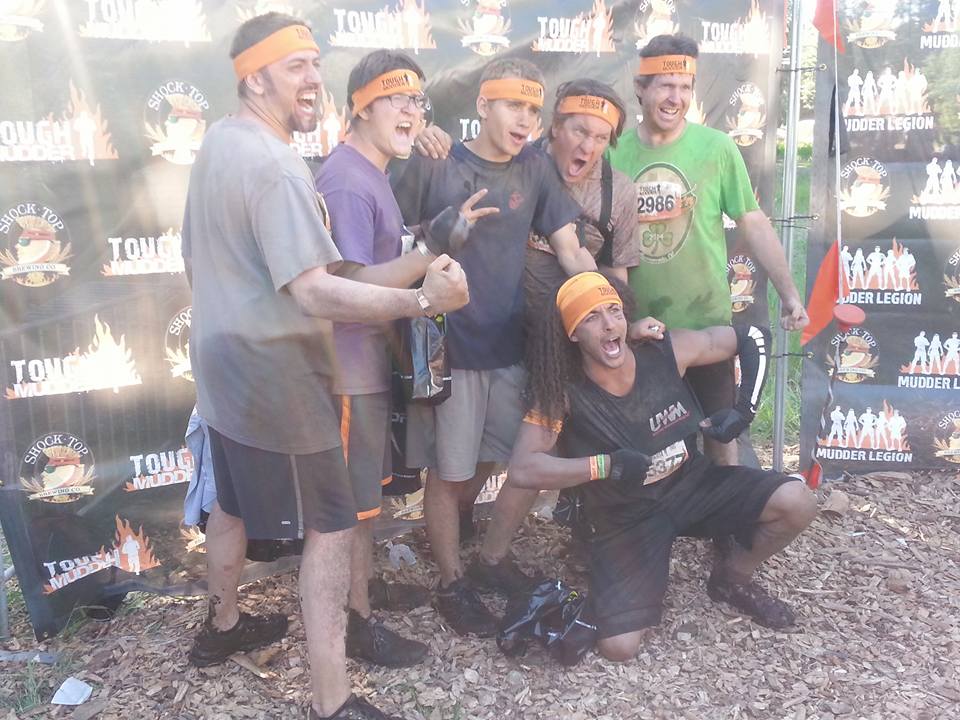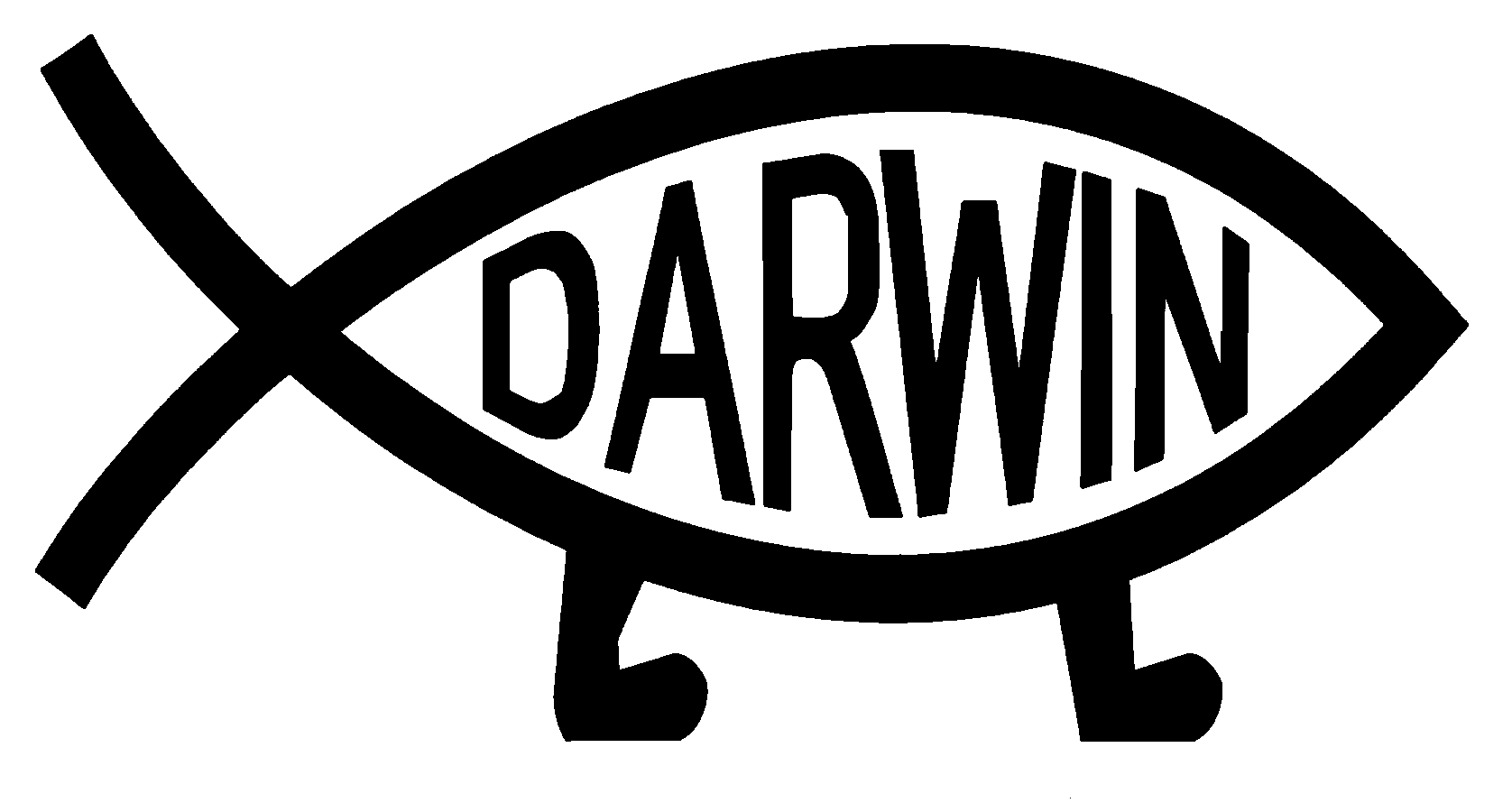I’m 42 years old, and yesterday, I completed one of the most physically challenging adventures of my life. I completed Tough Mudder.
This story doesn’t start at the starting line, with my heart pumping and adrenaline pouring through my veins. This story starts much earlier than that, with something as mundane and boring as online registration.
Michael invited me to go with him, and join #GallowglasArmy for Tough Mudder. I was just getting ready to start P90X with my son, so I thought it was a great idea. I agreed, and we began the online registration process.
He added me to the team, and I received an email. I followed the links, got to the registration portion, and entered all my information. At the end of this process, they asked for some money, and I gave them my credit card information. No problem. It all seemed standard, to me.
I noticed at the time that I received two registration confirmation emails, about an hour apart. I thought that was a little strange, but I didn’t give it much thought.
Months later, the day of the race was nearly upon us. I looked at myself, and I reevaluated my decision participate. I’d watched videos and talked to people that had done Tough Mudder, and I knew that I wasn’t ready. I knew that I wasn’t in shape. The P90X thing never happened, and I hadn’t been walking as much as I had been several months ago.
I decided to flake out. There was no way that I was going to be able to make it through the course. I did not want to die in Tahoe, or embarrass myself. Michael might grumble and give me a hard time, but I could live with that.
Then I received the next set of emails, telling me when my start times were. Start times. Plural. With two completely distinct registration numbers. Oh shit.
Michael had paid for my registration, and when I’d gone through it, I wound up registering a second time. That put a different spin on things. I could walk away from my own monetary investment. But I couldn’t do that to Michael. I had no choice. Flaking out was not an option.
I still had an extra registration, and I knew my son, Chris, wanted to go. I didn’t see any reason why Chris couldn’t use the other registration I paid for. So Chris was going, too.
Yesterday morning, around 6AM, our complete Tough Mudder team met up at my house and prepared to carpool. Six of us were participating, with one of us going as an observer. We needed to take two cars. Four of us packed into my mustang, and we headed off.
Skipping past the driving and the parking confusion, we approached the first, non-official obstacle. That is, checking in, and getting our wristbands and numbers. Normally, this is no big deal, but I complicated the proceedings by checking in Chris with registration that had my name all over it. Michael voiced some concerns. I remained confident that everything would work out.
My optimism was rewarded. Chris and I were directed to a table, and I started with an apology. I told them that I had paid for my son, but my name was all over the registration information. They said it was no big deal, strapped wristbands on both of us (without even checking ID!), and we were out of there without a hitch.
Here’s a picture of #GallowglasArmy before we began.  From left to right, it’s Chris, me, Michael, London, Michael’s oldest son Robert, and Cody. Cody’s girlfriend, Jenni, took the picture.
From left to right, it’s Chris, me, Michael, London, Michael’s oldest son Robert, and Cody. Cody’s girlfriend, Jenni, took the picture.
Look how clean we are! So full of energy, ready tackle the course!
We had our own battle cry. Michael would yell “Gallowglas Army!” and we’d all yell “Uisce beatha!” That’s the Irish word for whiskey, and it’s not pronounced how it looks. It sounded more like “oosh kavah” when we yelled it. Any team that’s battle cry is essentially booze has a lot going for it.
We finally arrived at the beginning of the race with a huge herd of Tough Mudders. A man called “Coach” lead us through warm-ups and stretches. Coach’s arms were as big around as my thighs, and he wore short shorts and an epic porn-stache. Coach was cool, inspirational, and led us through a great warm-up.
After the warm-up area, our herd moved forward to the actually starting line, where another man gave us a truly inspirational speech. One of the key lines of it: When was the last time you did something for the first time? He also made it clear that our racing time was not important. What was important was doing our best, and giving it our all.
I felt pumped and excited. A quick countdown, and then we were off! We charged the first hill!
The first hill is where reality set in. You’d think after the warm-up and the rousing speeches, with all of the excitement and adrenaline, we’d tackle that hill with no problem. We’d be buoyed up by our enthusiasm alone. Most of the mudders around me did, but not me.
Part way up that very first hill, my heart began to race, and I started gasping for air. I was out of shape. Sure, I could walk forever on flat ground, but this was a hill path, covered in bark. Furthermore, we were at an elevation where the air was thinner. We had barely begun, and I was already facing the limits of what I could physically do.
This was what I had feared. This was why I had wanted to flake out, and abandon the idea of doing Tough Mudder. Gasping for breath, with my lips turning blue, and my heart trying to get to the other side of my rib cage, I felt weak and ashamed.
But I wasn’t alone. Michael, Chris, Robert, London, and Cody were right there with me. They weren’t gasping like I was, but they weren’t going to abandon me. They stayed with me. Then, they helped me move forward. They made sure I had water. They made sure I was breathing in through my nose, and out through my mouth. They were there for me, and they practically carried me up that hill.
I didn’t give up. I kept going, willing one foot in front of the other. Michael stayed at my side, speaking encouragement. We kept going. I can’t say that it got easier. It became doable. I wasn’t alone. And I could keep going.
I’m not sure I remember everything that happened in those 10 miles. What I do remember, I’m not sure I remember chronologically. There were so many hills. Those hills killed me. I don’t think I’m exaggerating when I say we went uphill 8 miles during that course.
The hills were the main obstacle for me, but there were actual obstacles throughout the course. The first one was a relatively short wall, which we didn’t have much trouble with. The second obstacle involved crawling under a short stretch of barbed wire. After the crawl, we had to pull ourselves through about 12 feet of tube, and then fall into a pool of chilly water on the other side.
Here’s a picture of our group after that second obstacle:
Cody, beside me with his arm around me in this picture, had just overcome his claustrophobia to make it through that obstacle. I didn’t know it at the time. He didn’t hesitate. He pushed himself through it. He told us about the claustrophobia later.
He wasn’t the only one that had to overcome personal fears in order to complete an obstacle. Not too long after this photo, we came to an obstacle called “Walk the Plank”. All you have to do is climb up to a platform, go out on a length of wood, and fall 15 or 20 feet into a deep, muddy pool.
Chris and I both looked at this obstacle with fear and dread. Chris didn’t like the heights. I didn’t much care for the plunge into the water. But I thought about past regrets and decided that I was going to do this. I was not going to let fear guide me, this time. Chris was more reluctant.
I stayed with him. I told him why I was going to go through with it. We had a moment on the top of the platform, the rest of our team already on the other side, shouting their own encouragement. Then, shaking with fear and adrenaline, Chris and I stepped onto our planks. And then we jumped off.
The cold, muddy water shocked my system again. I got out, found Chris, and hugged him. We had done it. We’d faced our fears, and conquered them.
I continued to be the slowest member of our group, but no one gave me a hard time for it. Michael stayed with me the whole time. The younger folks, with all of their energy and verve, would go ahead sometimes, but always wait for us at the next water station or obstacle. We continued going through the course together.
One of the obstacles was called “Warrior Carry” or something like that. One mudder needed to carry another mudder some distance. Michael and I were together. We looked at each other, and at the sign for the obstacle. I suggested that we just try to find some smaller people to carry, but Michael hunkered down and prepared to take my weight. I gritted my teeth and climbed up on his back.
As he walked, I thought about how preposterous it was. My friend was literally carrying me through the course. It didn’t seem fair. I felt embarrassed. But by that time, I’d reached the point where embarrassment didn’t have the same sting. I’m a fiercely independent person, usually too proud to accept or ask for help, but the course had been teaching me that there is another way. Sitting on Michael’s back, I thought about it, and tried to accept the life lesson.
Then we saw the sign that said “Switch.” And I smiled. Michael and I switched, and I carried him to the end of that obstacle. I was surprised I was able to do it, as tired and sore as I felt.
The course was full of surprises and self-discovery. I don’t remember the name of the obstacle, but it involved climbing up a tall incline, putting pegs in holes as you went. It required a lot of upper body strength. I’d known about the obstacle in advance, and I didn’t think I’d be able to do it. But I did it. Some people helped push me part way up, but I pulled myself the rest of the way on my own.
Towards the end, there was an obstacle called Ladder to Hell. It was a series of broad, horizontal planks. You just had to climb up and over. I stared at it for several moments before attempting it. I had nothing left in the tank. Did I have the energy and strength left to climb over? I doubted it. But then I stepped forward, pulled myself up, and found it to be one of the easiest obstacles I’d faced.
Speaking of easy obstacles, there was one called “Cry-Baby” where we were to crawl on mud through a short, closed area full of “tear gas.” This was another obstacle I’d seen in advance, and I knew that it wasn’t tear gas. I’d been exposed to real tear gas in the Air Force. I got down, crawled in with one eye closed, and it smelled a bit like Vick’s vapor rub. I bonked my head on a beam, and then crawled more slowly. Halfway through, I switched eyes. And then I was out on the other side, feeling somewhat refreshed.
Many obstacles, I could not have completed without the help of my teammates. There was one where we had to carry a log an insane distance, passing it through an obstruction. We could not let the log rest on the obstruction. That one was ridiculous, and it took a lot out of Chris.
There was “Mt. Everest,” which was basically running up a halfpipe. There wasn’t really anything to grab onto at the top. Other mudders that had gone before stayed up there to grab onto people and help them up. I ran up, got some good height, but then became a dead weight that my team had to haul up.
I tried every obstacle, except one. It was the monkey bars, and it reminded me very much of a section of the Confidence Course back in basic training. I fell in the water back then. I was certain I was going to fall in on this one. I decided to try it anyway, until I felt it had become unfair. A guy stood to the side with a hose, occasionally spraying the people waiting in line. He would also spray people that were dangling too long. Just before I grabbed the bars, he’d sprayed, and all of the bars in front of me were dripping wet. I grimaced, and then walked around.
The last obstacle was “Electroshock Therapy.” Here’s a link to a video on Facebook that captures the whole event. We had considered linking arms. A couple of us thought about just running through. Instead, we raised our arms and walked together, slowly. We got zapped. Some of us more than others. I might have been zapped more than once, but I only remember one sharp sting to the back of my neck. And that’s how we finished Tough Mudder. Strong. Unafraid of the pain. And together, as a team.
Today, I have scrapes and bruises and blisters. I’m sore all over. But I have no regrets. I learned a lot about myself. I limped away with some valuable life lessons. And, chances are, I’m going to do it again.
This is a shot from the finish line. This is #GallowglasArmy, victorious.









